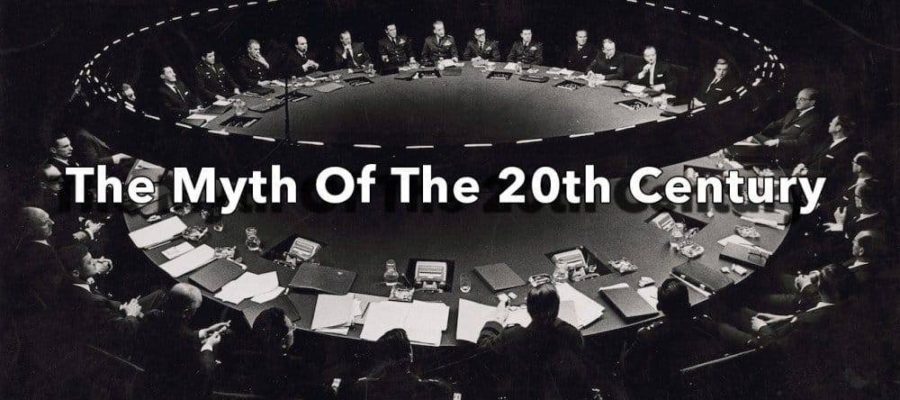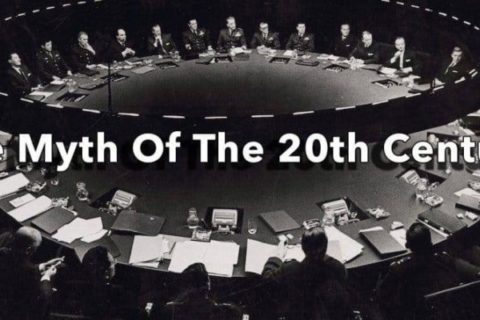The history of the Trojan War, assiduously studied and thoroughly documented today, was passed down through the centuries not by academic text, but by oral tradition. The conduit for communication, rather than scholarly prose, was the campfire poetry best told in the Iliad by Homer, author of the other great Greek epic The Odyssey. How much of the details of the story were true, such as the role of the Gods, versus artistic embellishment are of less import, but rather how the stories and myths of such great events – incorporating the essentials of love, lust, power and corruption – proved equally a reflection as much as an influence on the foundations of culture in the ancient Greek world and by extension the greater West.
Myth of the 20th Century – Episode 232 – The Iliad – After Dark
— References —
- Iliad, Homer (800 BC)
- The Greek Myths, Graves (1955)
- Gates of Fire, Pressfield (1998)
- Troy, Petersen (2004)
- Alexander, Stone (2004)
- 300, Snyder (2006)
- The War Nerd Iliad, Dolan (2017)
If pessimism is despair, optimism is cowardice and stupidity. -Francis Parker Yockey



the “wooden trojan horse” was a wooden four legged negotiation table where the trojans got the Italian peninsula and the Greeks got to keep their land…
In a self-contained text, the author clearly states that the gods are human beings, and that their home, Asgard, is an earthly city, identical with the classical city of Troy. This premise remains consistent throughout the work, and there is no reason to suspect that Snorri did not believe what he wrote….http://www.germanicmythology.com/original/Idavollr.html